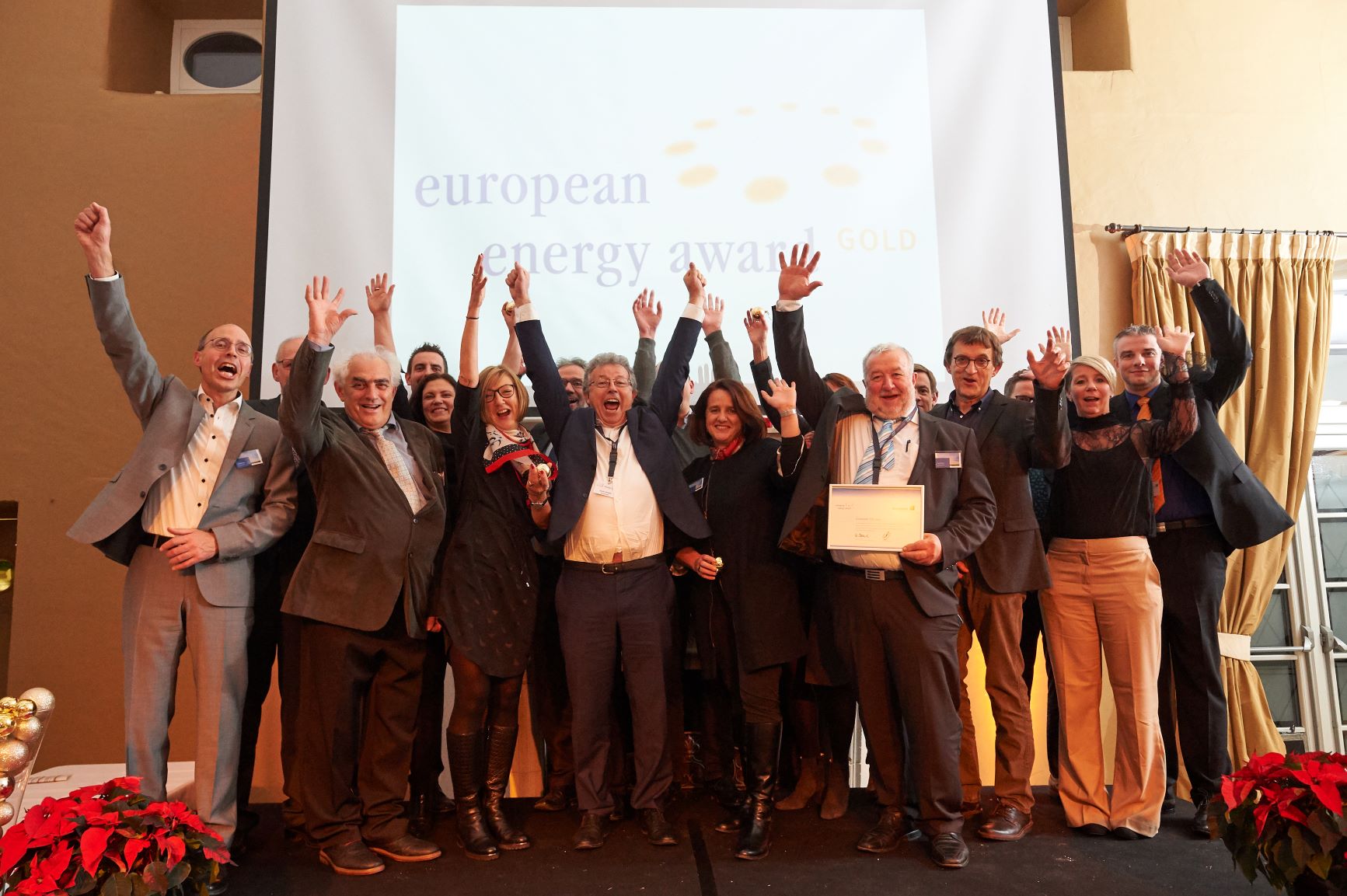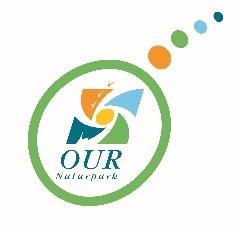Case Study
Inter-municipal cooperation between the Nature Park Our municipalities in the Climate Pact
Contact name
Laurent Spithoven
Institution name
Nature Park Our
Region & country
North of Luxembourg, named Eislek
Summary
The Climate Pact is a national policy instrument to promote the Luxembourg government’s targets in terms of climate protection on a local and regional level. In 2013, the municipalities in the Nature Park Our jointly signed the Climate Pact and since then have been engaging in cooperation on climate protection beyond their municipal borders. The nature park municipalities have won the European Energy Award (EEA), which demonstrates the exemplary role they are performing in climate protection. According to the maxim “Unity is strength in climate protection”, innovative projects are being implemented in the region in the areas of energy efficiency, renewable energies, land-use planning and mobility.

4 member municipalities of the Nature Park Our received a European Energy Gold Award
Liz Hacken / Naturpark Our

Regional projects are being implemented in the areas of energy efficiency and renewable energies
Myenergy GIE
Background of the project
Before the inter-municipal implementation of the Climate Pact in the Nature Park Our, there was no harmonized approach to municipal climate protection measures, or climate protection was sometimes not named and communicated as such (e.g. expansion of renewable energies). In particular, projects to inform, involve and support the residents in climate protection measures were very low-profile in the municipalities.
One of the most important challenges was the structuring and harmonization of climate protection efforts within the municipalities with the help of climate protection working groups, the climate teams, on a local and regional level. Additional technical know-how was required, which was provided through technical support from external consultants, made available through the national Climate Pact program. Political approval for this structured and harmonized regional approach was very important.
Solution and actions taken
The establishment of a coordinated work structure at local and regional level (through climate teams) with the voluntary participation of technical staff, political representatives and residents from all municipalities, and under the supervision of specialist staff, generated the basis for coordinated stocktaking in the municipalities. On this basis, local and regional decisions about strategies, objectives, organization, data acquisition, financing and communication could be made together.
The municipalities are committed to the sustainable and responsible use of resources. The use and promotion of renewable energies contributes to reducing greenhouse gas emissions and thus to the national climate protection goals. Climate protection is consolidated by defining indicators and goals. The stipulations serve as a guideline for a successful mission. With a consistent climate protection policy, the municipalities of the Nature Park Our act as role models for the population.
Other institutions or parties involved
– member municipalities of the Nature Park Our
– Ministry of the Environment, Climate and Sustainable Development
– Myenergy GIE
– Nature Park Upper-Sûre
– Nature and Geo-Park Mëllerdall
– Guichet unique PME (One-stop shop for SMEs)
– energieagence
– MC Luxembourg
– interested residents
Results
All municipalities in the Nature Park Our have been awarded the European Energy Award. Among them four municipalities with the highest certification, the European Energy Gold Award. The municipality of Tandel is currently the leading municipality nationwide in the implementation of the national Climate Pact program.
Challenges
The biggest challenge was to collect data on the energy-related inventory in the municipalities, and to find consensus within the municipalities for the harmonization of the climate protection objectives and climate protection strategy. Furthermore, the additional administrative effort for the initiation of the project was a challenge.
Lessons learned
– The importance and added value of an inter-municipal exchange
– The need for professional support from experts
– The importance of a clearly-structured approach to setting up, implementing and evaluating a project
– The need to actively involve political stakeholders
– Benefits of public awareness of the need for environmental and climate protection
Other resources
Contact name
Laurent Spithoven
Institution name
Nature Park Our
Website(s)
